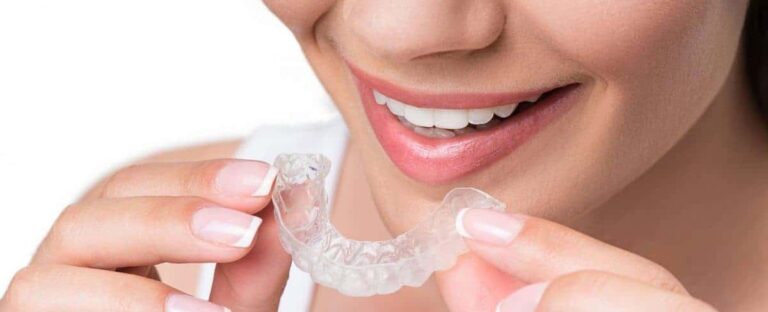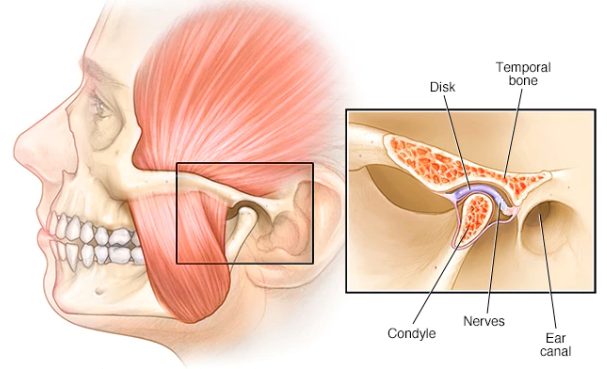
I’ve never met such a caring, understanding, and knowledgable medical professional. Now I know that a relatively pain-free life is possible for me. Thank you, Dr. Seo, for giving me back my future and my quality of life!
Jamie M
Why night guards do NOT help TMJ

Many people experience increased TMJ pain after wearing a night guard. And it’s happening more often due to accessibility.
Generally, there are two groups of people that will end up with a night guard. Those who suffer from TMJ/jaw pain due to grinding and clenching, and those that are told from their dentist that there is an evidence of excessive tooth wear from grinding and clenching during their routine examination. Some purchase an over the counter based night guard or have one custom made from their general dentist.
The biggest problem with night guard is that it does NOT address the root of the TMJ pain, clenching or grinding. While most night guards can prevent enamel wear by avoiding direct teeth contact, it does not prevent grinding and clenching. In some cases, night guards actually increase the activity of the muscles that clench and this makes TMJ pain worse.
In a normal TMJ movement, a disc cartilage is between the condyle and the temporal bone. It provides cushion and allows the condyle to glide along the temporal bone. As the jaw opens, the disc stays between the condyle and temporal bone. Without this cushion, the two bones will wear each other down causing degeneration of the bones. And if the disc is out of place (also known as disc displacement), the jaw clicks, pops, locks, and causes pain.

In most cases of TMJ disorder, the disc is displaced and causes pain, clicking, popping, and/or lock jaw. Night guards do not assist in placing the disc into the correct position. In addition, some night guards have uneven contacts from front to back teeth or side to side to side, causing uneven muscle activation which leads to more clenching and grinding, and TMJ pain. One of the worse types of night guards is the over the counter type because it is virtually impossible to adjust and precisely fit it to your unique bite. Improper fitted night guards can misalign your bite and shift your jaw in the wrong position to create more TMJ problems down the road.
Fortunately, there are special oral appliances/splints that are designed specifically to position your jaw so it can unload the irritated TMJ joint and relax some of the jaw muscles. However, this only addresses half of the problem. There is a direct relationship between the head and neck complex and the jaw position. Whenever we slouch or slump, our shoulders round forward and our head comes forward and the skull rotates up. This position increases activity of the muscles that clench the jaw. Another cascading effect of forward head posture is that the jaw moves back and eventually displaces the disc, causing clicking, popping, and TMJ pain. Furthermore, it shortens the muscles in front of the neck and decreases the airway space leading to sleep apnea and swallowing impairments.
You can experience this influence of the head/neck position to the teeth by the following movements. Sitting up straight, tap your teeth a few times to feel the contact of your teeth. Now, tilt your head back and look up at the ceiling. Tap your teeth a few times and observe the difference in where your teeth contact. You can clearly feel the difference in the two positions.
Addressing this aspect of the underlying problem will allow the oral splints to be fully effective. Results from treating the head and neck to correct the jaw position are often good. To learn more about treatment options for neck pain, click on this link. If you are still having teeth grinding, clenching and TMJ pain after wearing a night guard or having ongoing TMJ pain, fill out the form below to find the root of the problem, rather than continuously putting a band-aid over the problem. We serve patients from Bryn Mawr, Radnor, Havertown, Ardmore, Wynnewood, Philadelphia and surrounding areas.

